$300 OFF ends in:
Discount ends in:
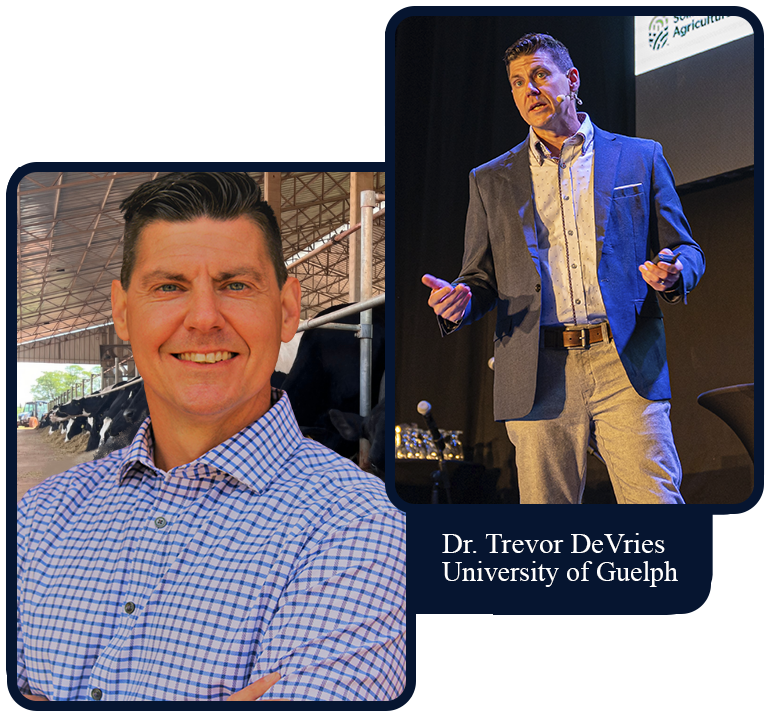
Robotic Milking Systems Online Course.
Learn from Dr. Trevor DeVries in the online course on Robotic Milking. Master the management of automated systems and optimize milk production. Essential for veterinarians and animal scientists.

WHAT I WILL LEARN
This course is essential for all dairy industry professionals who wish to stay updated and improve their knowledge of robotic milking systems and their applications in dairy cattle management. With this course, you will have access to valuable and practical information that can help you increase the efficiency and success of your dairy business.
Robotic Milking Systems Online Course.
- History of use of automated milking systems (AMS);
- What benefits should automated milking provide to producers?;
- Perceived vs. actual change in milk production;
- Perception of changes with transition to automated milking;
- Perceived vs. actual change in SCC;
- Changes in labour with move to automated milking;
- How are AMS farms performing?
- What benefits should robotic milking provide to the cows?;
- What are the impediments to good behaviour, health and production on robot farms?;
- What options do we have for cow traffic in robot (AMS) farms?;
- Free (flow) traffic;
- Guided flow – milk first;
- Modified guided (hybrid) flow;
- Which traffic systems is optimal?;
- Recent benchmark data from 197 robot herds in Canada;
- What options do we have robot (AMS) layout?;
- Number of cows per robotic unit;
- What about feed bunk stocking density?;
- Can we get ‘away’ with less space at the feed bunk in robot barns?;
- What is the impact of different lying areas, lying surfaces, and bedding on robot farms?;
- Other aspects of housing that may be important for robot barns?
- What are the health related challenges on robotic farms?;
- What is contributing to lameness on robotic farms?;
- Key differences between robot and conventional milking;
- Perception of changes with transition to robotic milking;
- Perceived vs. actual change in SCC;
- Does udder health and milk quality have to be a concern in robotic scenarios?;
- Opportunities in udder health management in robotic milking;
- Cows that do not milk voluntarily;
- Poor udder health management;
- Improper nutritional management at transition;
- Managing robot feeding for fresh cows;
- Changes in milk yield and rumination in advance of displaced abomasum diagnosis.
- What are the opportunities for nutritional management in robot barns?;
- What motivates a dairy cow to milk in an robotic (automated) milking system?;
- How do we stimulate cows to access their PMR throughout the day?;
- Keys to nutritional management in robotic dairies;
- What role does robot concentrate play?;
- How does cow traffic influence robot nutritional management?;
- Free (flow) traffic;
- Milk-first guided traffic;
- Feed-first guided traffic;
- What are the benefits of feeding variable amounts of feed at the robot?;
- Does feeding more in the robot affect profitability?;
- What challenges do we have with providing concentrate in the robot?;
- How much concentrate can cows eat and how fast?;
- Does the type of concentrate in the robot matter?;
- Pellet x Mash;
- What does robot ration look like?;
- Nutritional implications for larger robot dairy herds.
You get bonus classes with different specialists!
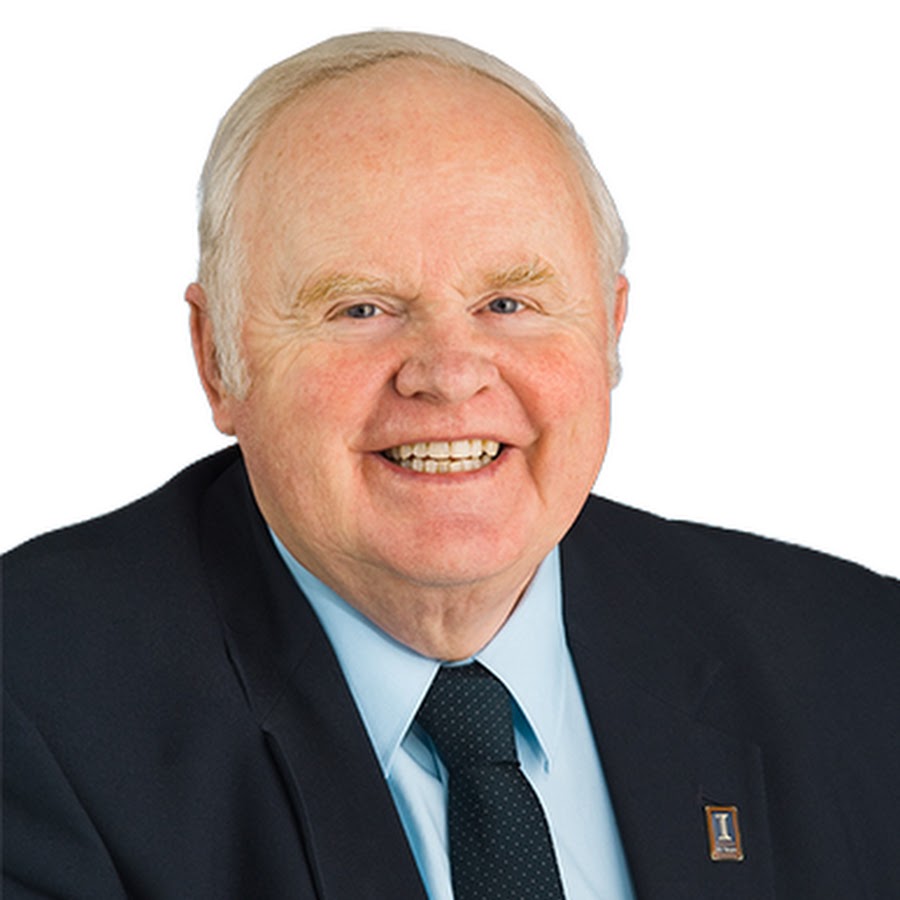
Robotic milking and robotic feeding research report.
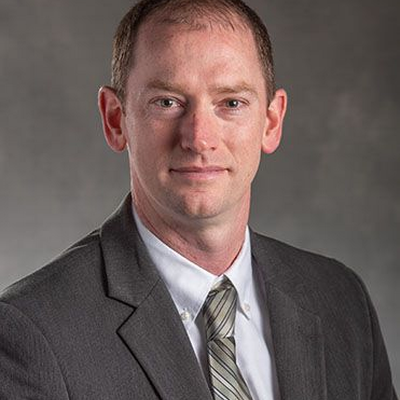
Managing inflammation in transition dairy cows.

Compost barn housing system for dairy cows.
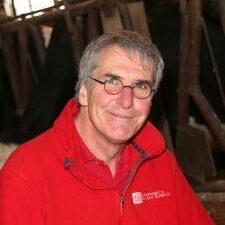
Feeding robot milked herds
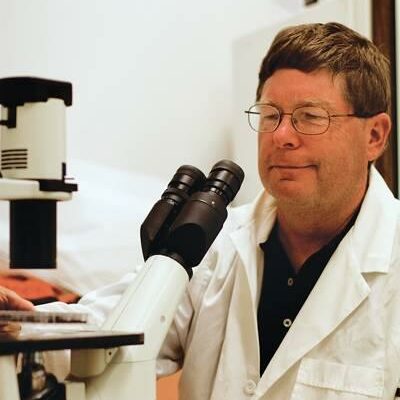
Hypocalcemia can be reduced steps that we know will work.

Cow comfort.
12 months of access to the
INTERNATIONAL COMMUNITY OF DAIRY NUTRITIONISTS!
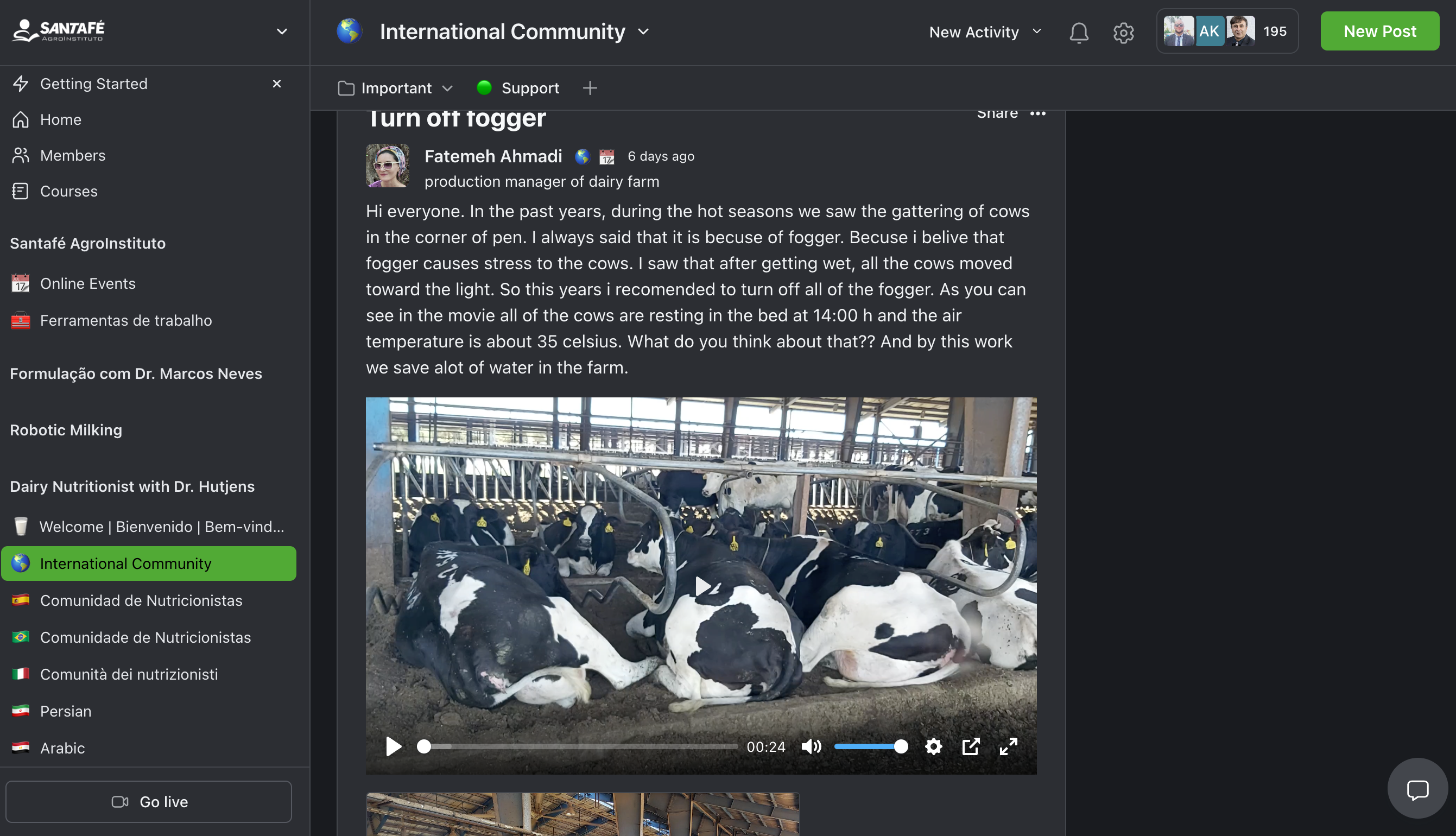
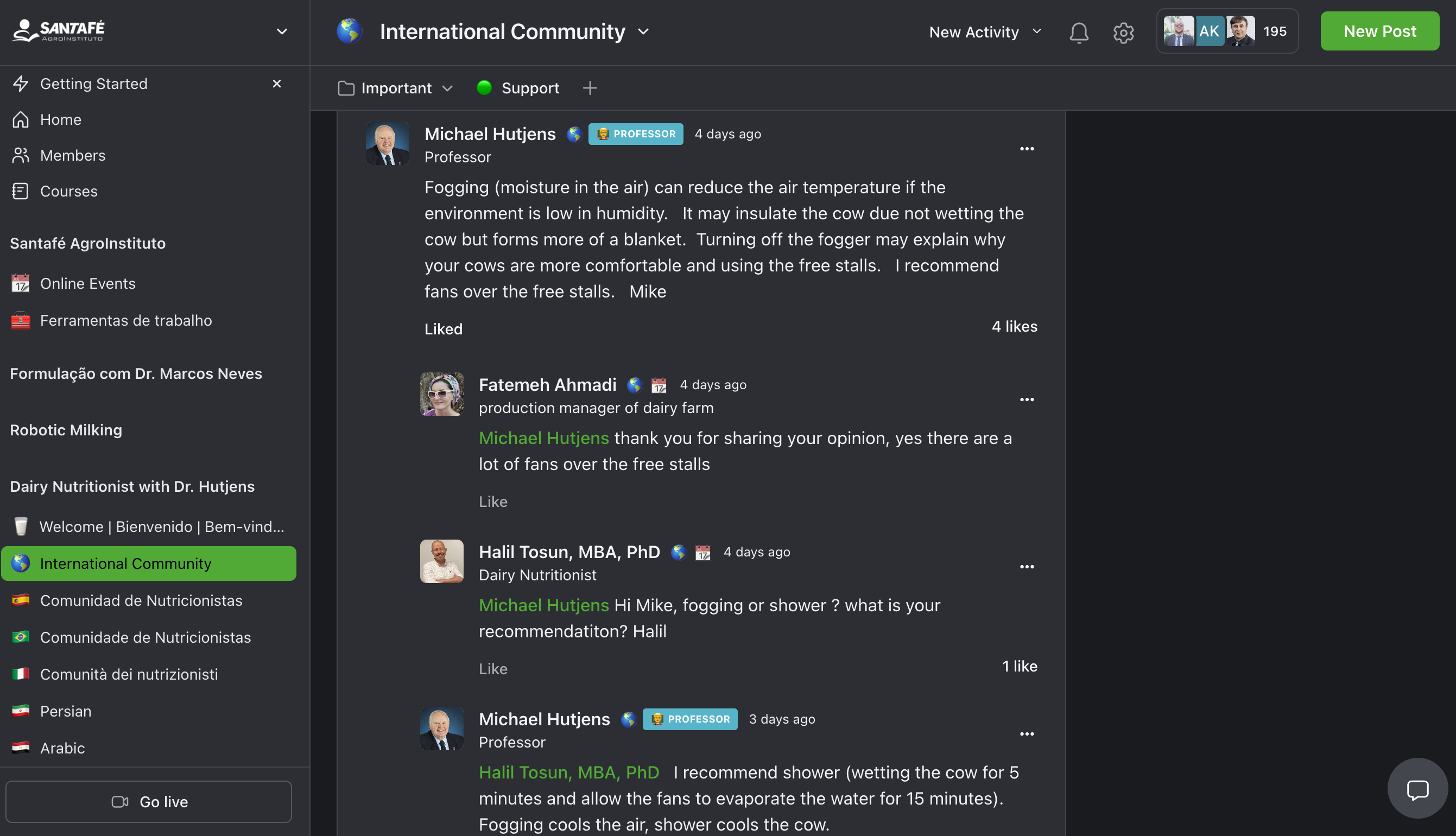
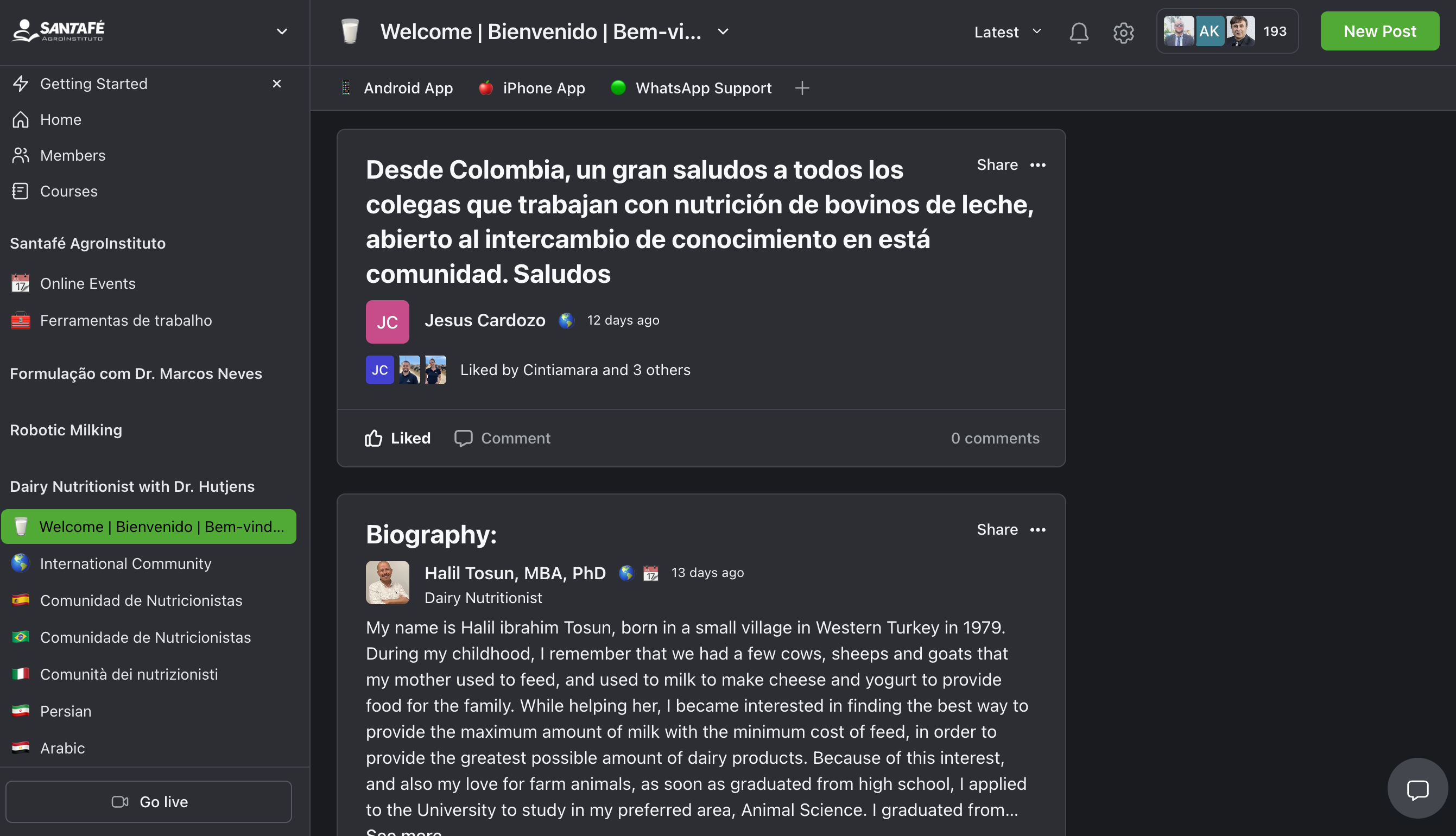
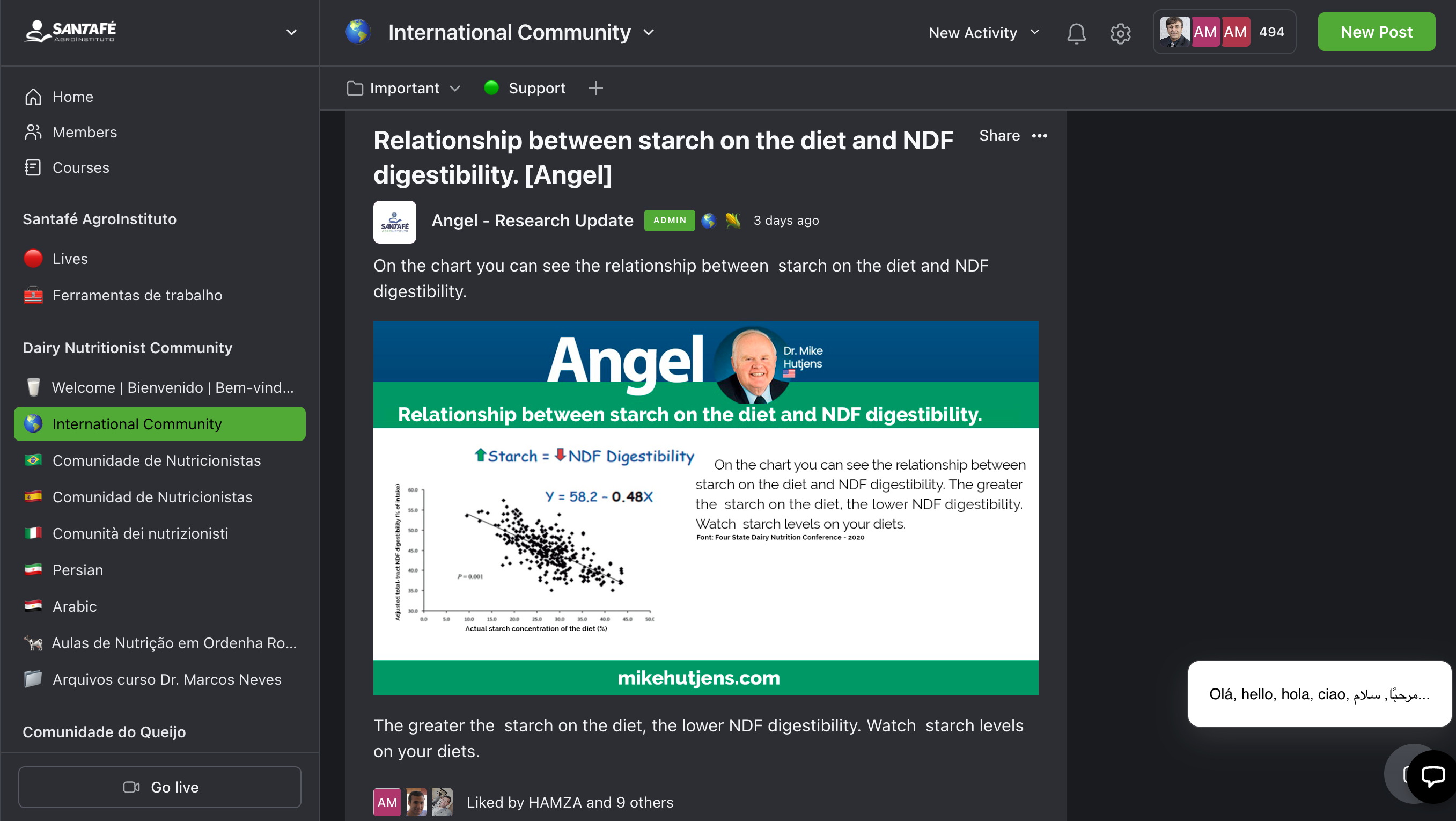
+ Networking: Have access to a closed community with professionals to send your questions, promote debates on relevant subjects, stay on top of market news, make contacts in the area, share experiences, help and be helped;
+ All this so that you absorb all the knowledge and put it into practice in your own time.
3 ADVANTAGES OF THE INTERNATIONAL ONLINE COURSE THAT WILL TRANSFORM YOU INTO A TECHNICIAN WITH OUTSTANDING SKILLS IN THE MARKET
1. ONLINE COURSE
+ Introduction: history and market of robotic milking systems, benefits of adoption, basic performance parameters (milking frequency, average milking time, number of visits, incomplete milking, and others).
+ Impacts of housing and management on robotic milking success: cow flow systems: main characteristics, advantages and disadvantages of guided flows (milk first and feed first) or free, stocking densities, other barn characteristics (bedding, ventilation).
+ Health management in robotic milking systems, impacts and prevention: focus on lameness, udder health management, early lactation disorders.
+ Feeding management strategies: role of nutrition in robotic farms (voluntary milking, precision feeding), differences in feed allocation (PMR vs robot concentrate) based on housing and dietary strategies, concentrate characteristics.
2. Community
+ Networking: Have access to a closed community with professionals to send your questions, promote debates on relevant subjects, stay on top of market news, make contacts in the area, share experiences, help and be helped;
+ All this so that you absorb all the knowledge and put it into practice in your own time.
3. Bonus classES with experts!
+ Dr. Mike Hutjens – Robotic milking and robotic feeding research report;
+ Dr. Barry Bradford – Managing inflammation in transition dairy cows;
+ Dra. Marcia Endres – Compost barn housing system for dairy cows;
+ Dr. Bill Weiss – Feeding robot milked herds;
+ Dr. Jesse Goff – Hypocalcemia can be reduced steps that we know will work;
If you wanted to learn from all the experts on the course, you’d pay over $1500 dollars, but not today!
-
Dr. Jesse Goff - Hypocalcemia can be reduced steps that we know will work -
$97 -
Dr. Barry Bradford - Managing inflammation in transition dairy cows -
$127 -
Dr. Marcia Endres - Compost barn housing system for dairy cows -
$147 -
Dr. Mike Hutjens - Robotic Milking and Feeding Research Report -
$197 -
Dr. Bill Weiss - Feeding robot milked herds -
$197 -
International Dairy Nutritionist Community -
$497 -
Robotic Milking Online Course with Dr. Trevor DeVries -
$997 - Digital certificate
But not today.
I decided to sell the Robotic Milking Systems Online Course for $497 to you who follow me on my social media and want to resolve these issues on the farm. And all the bonus above for FREE.
$497
Receive a digital certificate of course completion!
ZERO risk for you

7-day Unconditional Guarantee for you to test the course.
Just send me an email within 7 days asking for your money back, and I’ll return every penny without even asking why, ok?
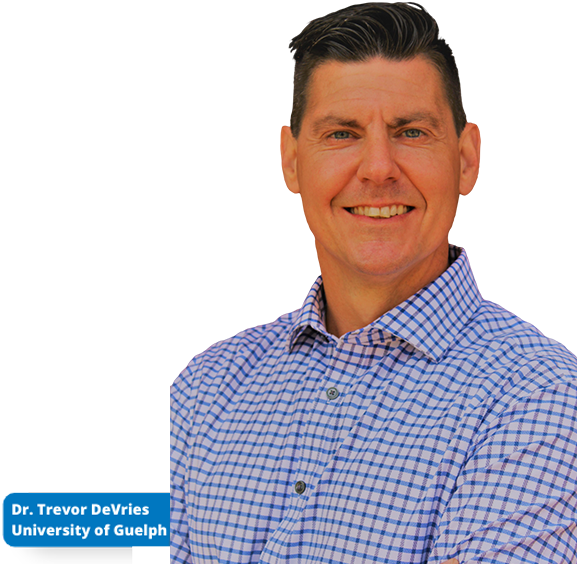
WHO WILL BE YOUR PROFESSOR?
Dr. Trevor DeVries
Professor University of Guelph - Canada
Trevor grew up in British Columbia, Canada, and always had a lifelong interest in dairy cows. His interest in animal science continued as an undergraduate student at the University of British Columbia, where he had the opportunity to participate in dairy cow research. That led to an interest in nutritional management, animal welfare and behaviour, which he studied during his graduate program at UBC. Trevor then completed a one-year postdoctoral position with Agriculture and Agri-Food Canada at the Lethbridge Research Centre. In 2007, he began his academic position at the University of Guelph’s Kemptville Campus, where he worked for eight years before coming to U of G’s main campus in 2015. He is currently a Canada Research Chair in Dairy Cattle Behaviour and Welfare. In addition to his research responsibilities, Trevor also contributes to teaching at the university, including instructing undergraduate and graduate courses in the areas of dairy cattle management, behavior, and welfare, coaching the university Dairy Challenge team, as well as mentoring of graduate and undergraduate students.